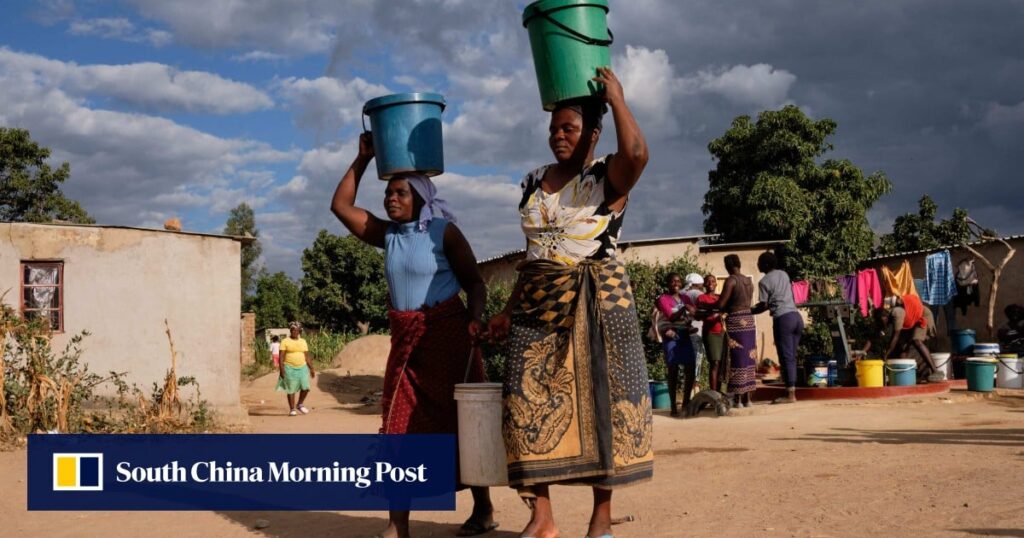Zimbabwe’s Finance Minister Mthuli Ncube has announced that the country is facing debt distress with external debt payment arrears amounting to US$6.7 billion. This accumulation of debt has hindered Zimbabwe’s development needs as access to international financial resources remains limited. Ncube emphasized the need for significant debt restructuring, including “very deep haircuts and elimination of all penalties.”
According to Zimbabwe’s debt registry, bilateral external debt stands at US$6.2 billion, with US$4.7 billion in arrears, mainly with Paris Club creditors. Harare owes US$4.1 billion to Paris Club members, with most of that debt in default for over two decades.
The debt crisis can be traced back to Zimbabwe’s isolation from international financial markets following sanctions imposed on Robert Mugabe’s government. These sanctions were a response to controversial land seizures from white farmers, which led to Zimbabwe being cut off from institutions like the IMF and the World Bank.
The country’s largest Paris Club creditors are Germany, France, Britain, Japan, and the US. Additionally, Zimbabwe owes China US$2.1 billion, with a significant portion in arrears.
To address its financial distress, Zimbabwe has initiated economic and governance reforms to access international financial markets. The government established a Structured Dialogue Platform in 2022 to engage creditors and development partners in addressing debt relief and arrears clearance.
Former Mozambican president Joaquim Chissano and African Development Bank president Akinwumi Adesina are leading the debt resolution process. However, the US recently withdrew support, accusing President Emmerson Mnangagwa’s government of lacking reform efforts.
China, a key investor in Zimbabwe’s mining industry, has indicated its commitment to helping Zimbabwe resolve its debt issues. Ambassador Zhou Ding emphasized China’s opposition to unilateral sanctions and support for Zimbabwe’s development.
While negotiations for debt relief continue, experts suggest that China may be less willing to accept debt write-offs but could consider suspensions of interest and principal repayments. Zimbabwe’s rich mineral resources provide leverage for potential debt deals, with the mining sector playing a crucial role in the country’s economic recovery.
